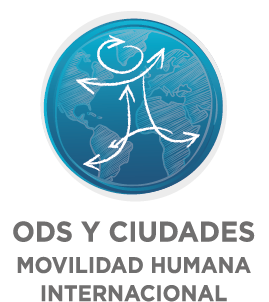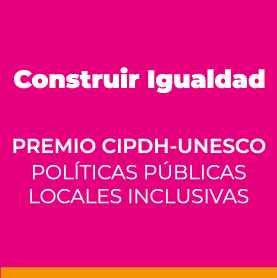Plan for Reception and Acknowledgement of Migrants and Refugees in Quilicura District (PARMIRE)
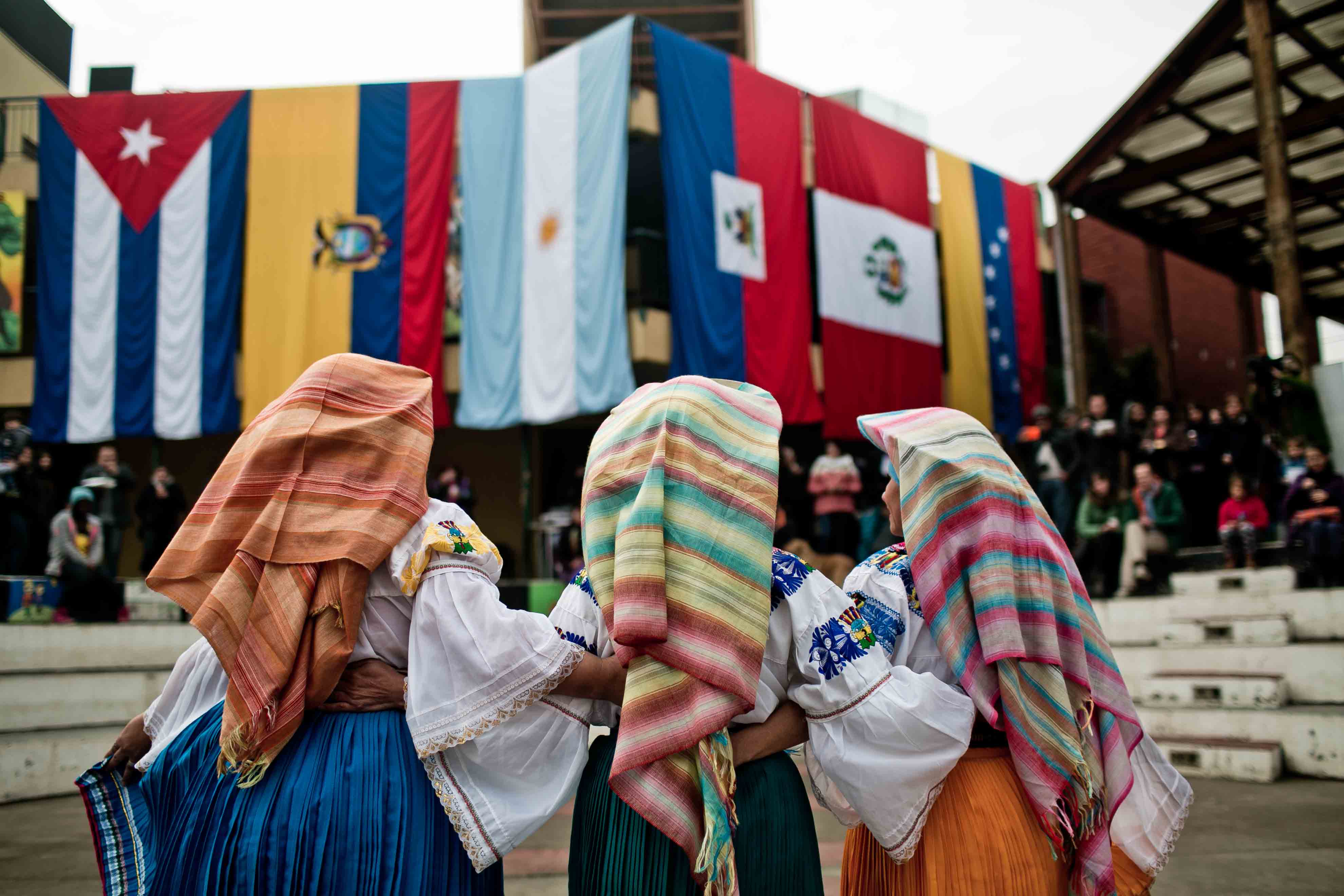
- Region
- Latin America and the Caribbean
- Range of Demographic Size
- 100,000 to 499,999 inhabitants (large intermediate)
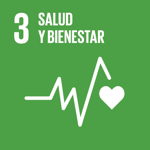
3.8 Achieve universal health coverage, including financial risk protection, access to quality essential health-care services and access to safe, effective, quality and affordable essential medicines and vaccines for all.
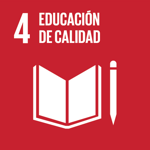
4.5 By 2030, eliminate gender disparities in education and ensure equal access to all levels of education and vocational training for the vulnerable, including persons with disabilities, indigenous peoples and children in vulnerable situations.
4.7 By 2030, ensure that all learners acquire the knowledge and skills needed to promote sustainable development, including, among others, through education for sustainable development and sustainable lifestyles, human rights, gender equality, promotion of a culture of peace and non-violence, global citizenship and appreciation of cultural diversity and of culture’s contribution to sustainable development, among other means.
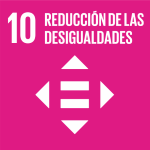
10-2 By 2030, empower and promote the social, economic and political inclusion of all, irrespective of age, sex, disability, race, ethnicity, origin, religion or economic or other status.
10.3 Ensure equal opportunity and reduce inequalities of outcome, including by eliminating discriminatory laws, policies and practices and promoting appropriate legislation, policies and action in this regard.
10.4 Adopt policies, especially fiscal, wage and social protection policies, and progressively achieve greater equality.
10.7 Facilitate orderly, safe, regular and responsible migration and mobility of people, including through the implementation of planned and well-managed migration policies.
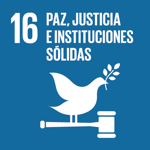
16.3 Promote the rule of law at the national and international levels and ensure equal access to justice for all.
16.6 Develop effective, accountable and transparent institutions at all levels.
16.7 Ensure responsive, inclusive, participatory and representative decision-making at all levels.
16.9 By 2030, provide legal identity for all, in particular, by means of birth registration.
16.10 Ensure public access to information and protect fundamental freedoms, in accordance with national legislation and international agreements.
F - International migration and protection of the human rights of all migrants
International Convention on the Elimination of All Forms of Racial Discrimination (ICERD
International Convention on the Protection of the Rights of All Migrant Workers and Members of their Families (CRMW).
Universal Declaration of Human Rights (UDHR).
International Covenant on Economic, Social and Cultural Rights (ICESCR).
Additional Protocol to the American Convention on Human Rights in economic, social and cultural rights (San Salvador Protocol).
Others
Summary
The Plan for Reception and Acknowledgement of Migrants and Refugees in Quilicura District (PARMIRE) is a local policy that addresses the needs of people with a migrant or refugee status living in the Santiago de Chile district. The Plan was prepared jointly with the migrant and refugee community in response to their daily difficulties: health, education, work and housing; and helps improve their reception and acknowledgement within the district.
Implementation Date:
Start: 06 / 1 / 2014
End: End: Currently in force
Domestic migrants
Population of African descent
Public officers and public employees
Social/citizen participation
Institutional strengthening
Building of partnerships, networks, associations and coalitions
Creation of entity/plan/programme
International organization
- Email: ommr@quilicura.cl
- Web: http://www.muniquilicura.cl/
- Telephone: +569 6324-8773 // +569 3308-9268
- Social Network:
Instrumentos

3.8 Achieve universal health coverage, including financial risk protection, access to quality essential health-care services and access to safe, effective, quality and affordable essential medicines and vaccines for all.

4.5 By 2030, eliminate gender disparities in education and ensure equal access to all levels of education and vocational training for the vulnerable, including persons with disabilities, indigenous peoples and children in vulnerable situations.
4.7 By 2030, ensure that all learners acquire the knowledge and skills needed to promote sustainable development, including, among others, through education for sustainable development and sustainable lifestyles, human rights, gender equality, promotion of a culture of peace and non-violence, global citizenship and appreciation of cultural diversity and of culture’s contribution to sustainable development, among other means.

10-2 By 2030, empower and promote the social, economic and political inclusion of all, irrespective of age, sex, disability, race, ethnicity, origin, religion or economic or other status.
10.3 Ensure equal opportunity and reduce inequalities of outcome, including by eliminating discriminatory laws, policies and practices and promoting appropriate legislation, policies and action in this regard.
10.4 Adopt policies, especially fiscal, wage and social protection policies, and progressively achieve greater equality.
10.7 Facilitate orderly, safe, regular and responsible migration and mobility of people, including through the implementation of planned and well-managed migration policies.

16.3 Promote the rule of law at the national and international levels and ensure equal access to justice for all.
16.6 Develop effective, accountable and transparent institutions at all levels.
16.7 Ensure responsive, inclusive, participatory and representative decision-making at all levels.
16.9 By 2030, provide legal identity for all, in particular, by means of birth registration.
16.10 Ensure public access to information and protect fundamental freedoms, in accordance with national legislation and international agreements.
F - International migration and protection of the human rights of all migrants
International Convention on the Elimination of All Forms of Racial Discrimination (ICERD
International Convention on the Protection of the Rights of All Migrant Workers and Members of their Families (CRMW).
Universal Declaration of Human Rights (UDHR).
International Covenant on Economic, Social and Cultural Rights (ICESCR).
Additional Protocol to the American Convention on Human Rights in economic, social and cultural rights (San Salvador Protocol).
Others
Location
- Region
- Latin America and the Caribbean
- Range of Demographic Size
- 100,000 to 499,999 inhabitants (large intermediate)
Contact details
- Email: ommr@quilicura.cl
- Web: http://www.muniquilicura.cl/
- Telephone: +569 6324-8773 // +569 3308-9268
- Social network:


